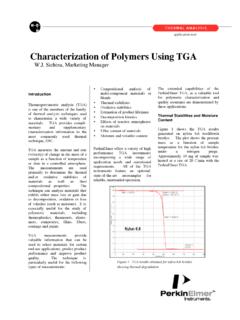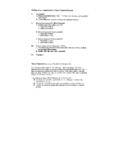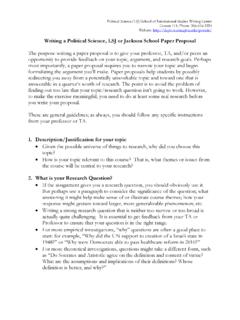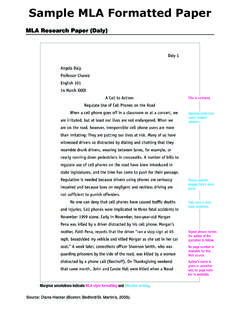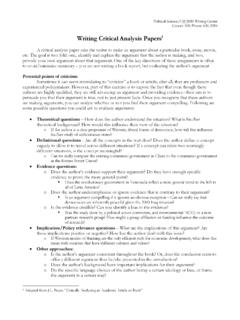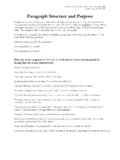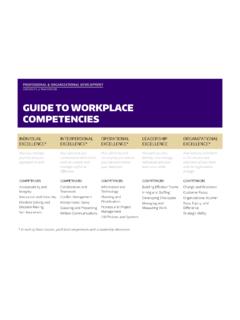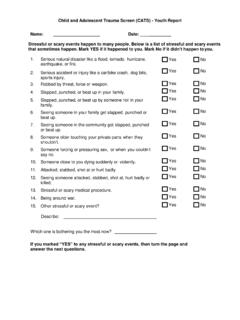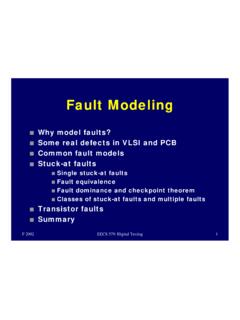Transcription of Here you need to think about whether you have just said ...
1 Homework 5 Example Challenging Questions Sheet Step 1: Choose a stuck point of yours that creates strong negative feelings or has created changes in your life that you wish to change in some way. Sample stuck point: Since I went with him voluntarily, it is my fault that I was raped I should have known better. Step 2: Go down the 12 questions on the handout and challenge this belief. This is meant to be an exercise in challenging maladaptive thoughts that have created problems for you. The key is that you cannot replace or modify faulty beliefs without knowing yourself why they are faulty (that is, the therapist is telling you that they are extreme or dysfunctional is not reason enough for you to make changes in your belief system and life.)
2 Remember: Not all questions are appropriate for each stuck point. Here s how it works with the stuck point listed above. 1. What is the evidence for and against this idea? Evidence for: I went, so I deserve whatever happened that night. (you can even challenge this too!) Evidence against: Just because I went with him it doesn t mean I agreed to have sex with him. Just because I agreed to go with him doesn t mean he had the right to rape me. When I went with him I had no idea what he would do to me. When I went with him all I knew was that he was a nice person.
3 Going with him didn t mean I caused the rape. It is impossible to identify a rapist I could not have known. 2. Are you confusing a habit with a fact? Here you need to think about whether you have just said this so many times to yourself that is seems like fact or whether it is indeed a fact. A fact is an observable (to others also) provable action or thing. Yes I guess just because I went with him voluntarily doesn t automatically mean I caused the rape. Maybe because I used to believe this was true of others, I just applied it to myself as if it were fact.
4 3. Are your interpretations of the situation too far removed from reality to be accurate? Here you are being asked whether you are distorting what happened in some way, for some reason. Maybe I am blaming myself more because I am afraid of expressing my anger outwardly or toward the rapist. I tend to turn things around so it s my fault in general, and it s likely that this is another example of doing that. I feel as if I have more control over preventing a future rape if I blame something I did in particular than if I blame someone else. It feels as if I had more control during the rape if I blame myself I hate to admit I was totally helpless and out of control of the situation.
5 It makes me feel safer to think I can identify (and thus should have identified) him as a rapist by something observable, but I know that this is not realistic. Reality is: It was his fault. He raped me. I did not want this to happen nor did I ask for this to happen. No one deserves to be raped, and no behavior can cause a rape. It is not possible to identify a rapist by any personal quality. 4. Are you thinking in all-or-nothing terms? This also refers to thinking of things as either-or, black or white, right-wrong, good-bad. This belief is more often associated with extreme ways of viewing something with no in-betweens, no grays, no middle ground.
6 This doesn t apply to this stuck point. 5. Are you using words or phrases that are extreme or exaggerated (that is forever, always, never, should and so on)? Yes, I think I should have known he would rape me. But I don t know how this is possible. If I had known he would do this, I would not have gone voluntarily. 6. Are you taking selected examples out of context? In other words, are you making some judgment without considering the entire context (the whole rape scenario, including what you felt like and thought at the time of the rape and just before)? Yes, I am taking my voluntarily going with him out of context of what I expected that night we were supposed to go out on a date, so it is the norm that a woman will voluntarily leave with a man when they go out.
7 Another part of this whole scenario is that he gave me signals that he was a nice guy, and he had never in the past done anything that would have made me suspicious about him (therefore, it makes a lot of sense that I went out with him voluntarily). This does not mean that I caused the rape or acted in a way that anyone else would not have done. 7. Are you making excuses? This question is really asking you if you are not being honest with yourself in some way. This does not apply to this stuck point. 8. Is the source of information reliable? This question is asking you who the source of the information is and whether they are reliable.
8 This applies best with beliefs originating from what the rapist may have said to you or from blaming comments from other people around you. Maybe not. So many of my girlfriends and family members have asked me why I went with him this reinforced my belief that I should have somehow known, since other people implied I should have. Other people need to believe that they can identify a rapist for their own peace of mind, but they can t; therefore, they are not reliable in their own judgment of this event. 9. Are you thinking in terms of certainties instead of probabilities?
9 This question is meant to challenge stuck points that imply that you are certain that something will happen to you or certainties about people you know or meet. This does not apply to this stuck point. 10. Are you confusing a low probability with a high probability? If you answered yes to number 9 above and you realize that you are dealing with a probability, then this question is meant to help you determine whether the probability of X is as high as you think or really much lower. This does not apply to this stuck point. 11. Are your judgments based on feelings rather than facts?
10 What you want to think about here is whether your stuck point is based on actual fact or your feelings. Yes, I feel guilty because I think I should have known what would happen, but this is a feeling, and there are no facts to support that it was my fault. I could not have known this was going to happen. If I can believe this, I will no longer feel the guilt and blame myself. 12. Are you focusing on irrelevant factors? This question is asking you whether or not factors involved in your stuck points (for example, behaviors engaged in, and so on) are relevant to the resulting belief.
